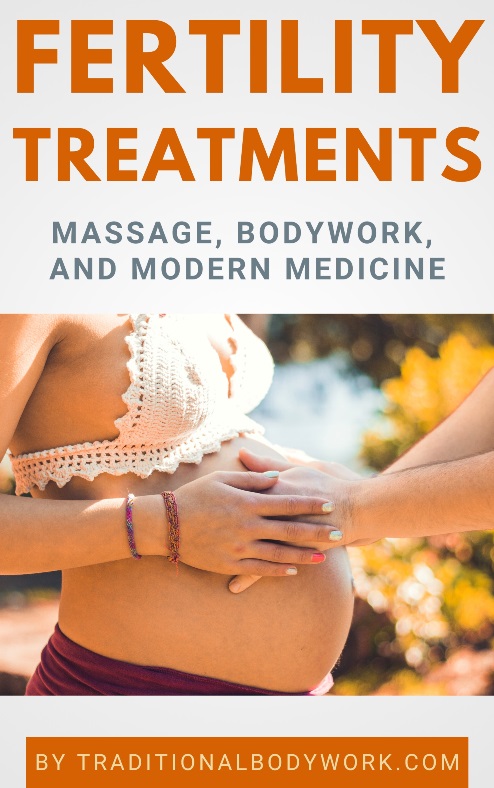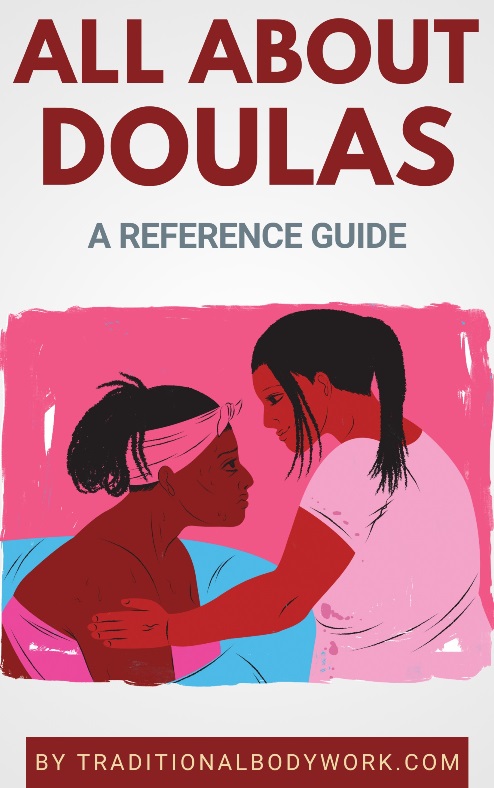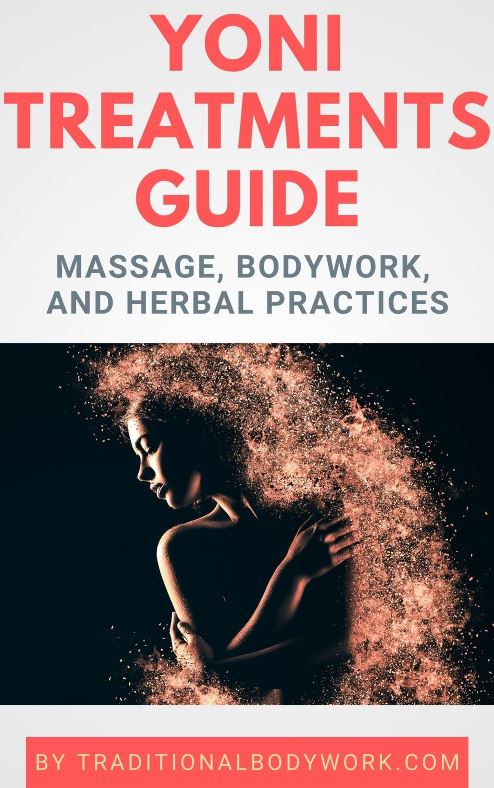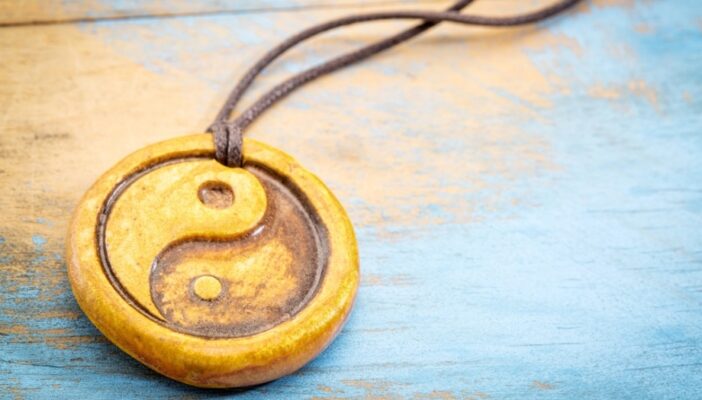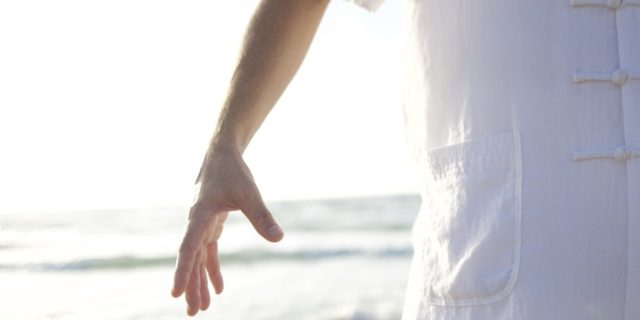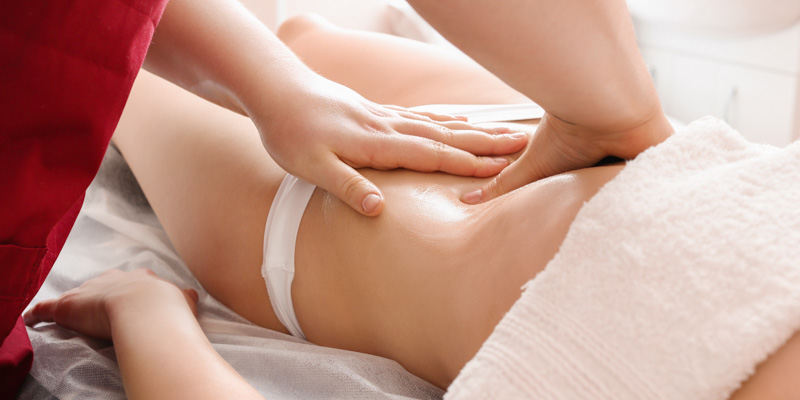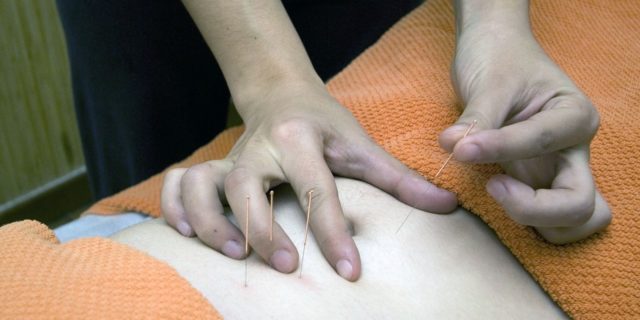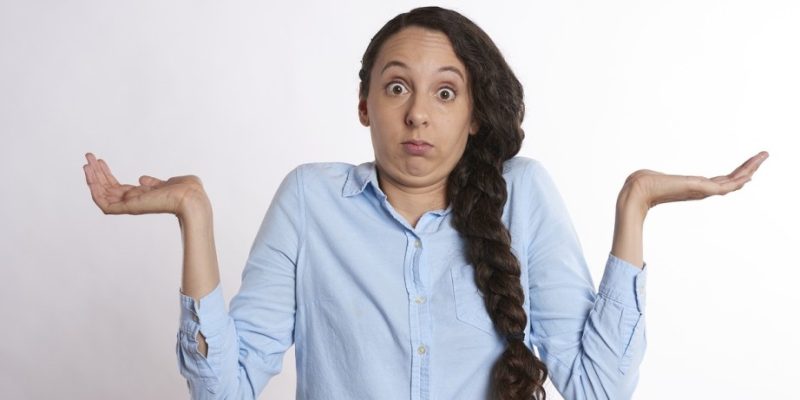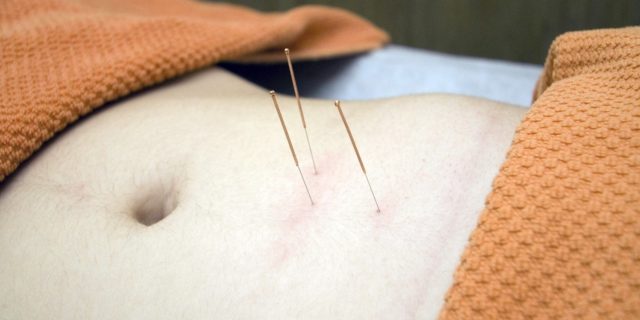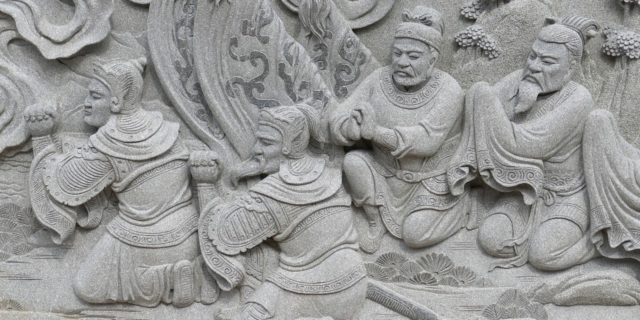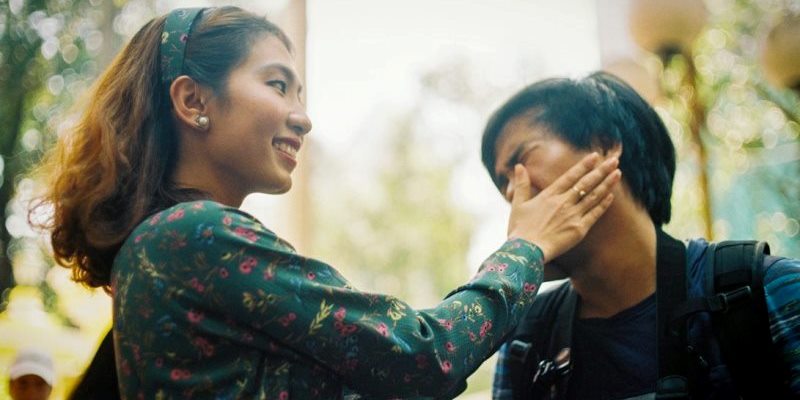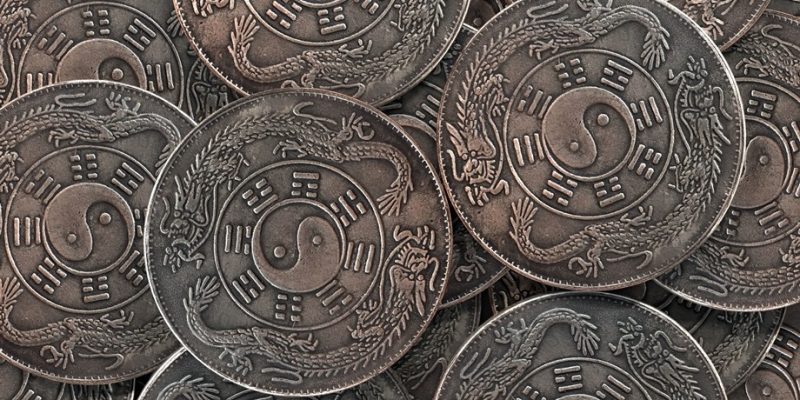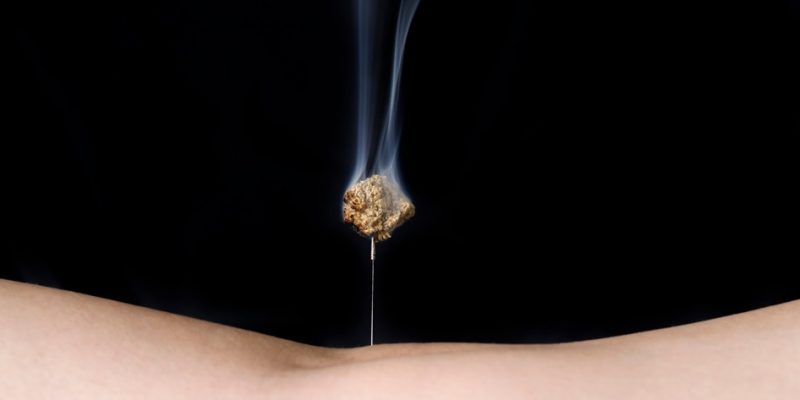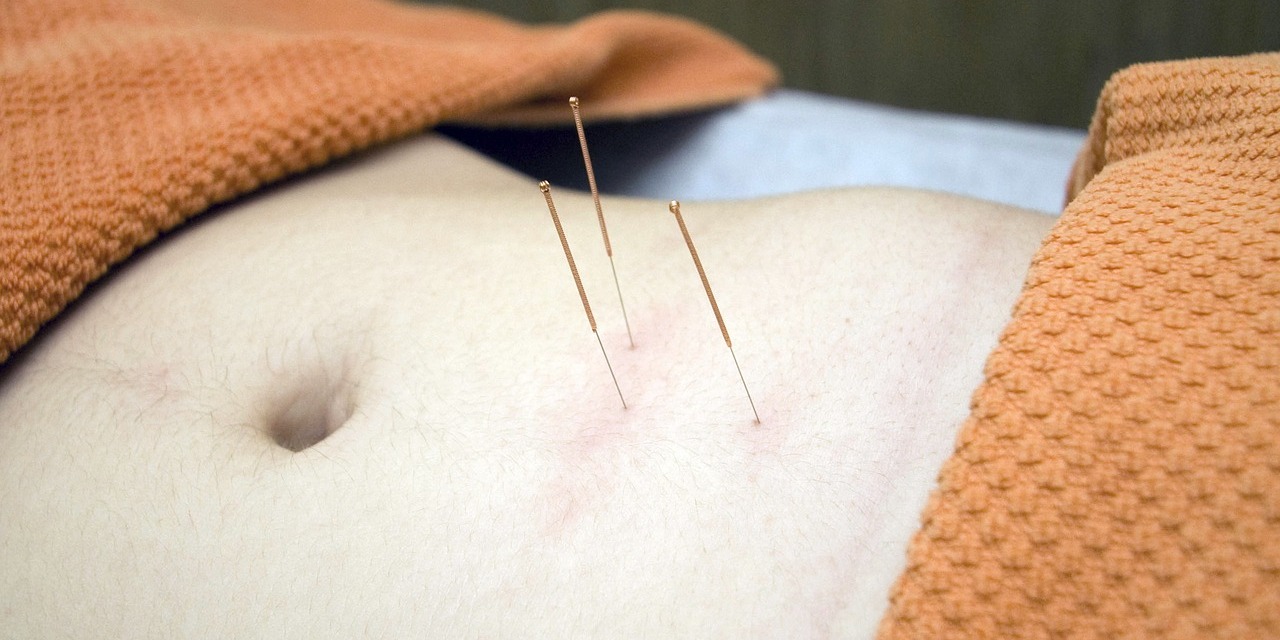
Acupuncture is a Traditional Chinese Medicine (TCM) practice originating thousands of years ago. The idea behind it is that blockages or disturbances in the flow of Life Force Energy (Qi) cause health issues.
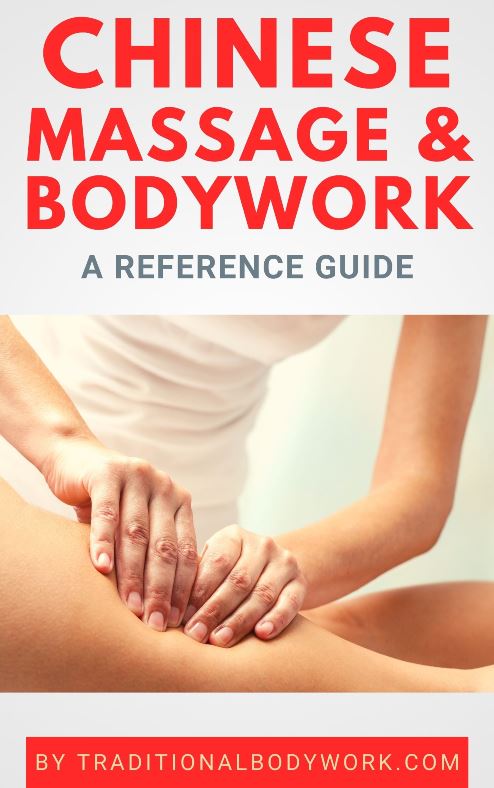
Acupuncturists use — that is, they insert — very thin needles on specific acupuncture points throughout the body to restore the flow of Life Energy, to balance the body’s energy, promote relaxation, and stimulate healing.
There are supposedly more than a thousand acupuncture points on the body, each lying on an invisible energy line, channel, or so-called Meridian. In TCM, each meridian is connected to a different organ system.
In any case, acupuncture specialists claim the treatment is helpful with resolving a wide variety of health problems, such as anxiety, arthritis, chronic pain, depression, insomnia, migraines, nausea, sciatica, sinus congestion, stress and anxiety, sexual and genital problems, and many more health issues.
As for sexual and genital issues, think of resolving fertility problems, premature ejaculation, acute bartholinitis, vaginitis, urethritis, testitis, prostatitis, impotence or erectile dysfunction, seminal vesiculitis, inguinal hernia, and injuries to the genitals.
The Acupuncture Treatment
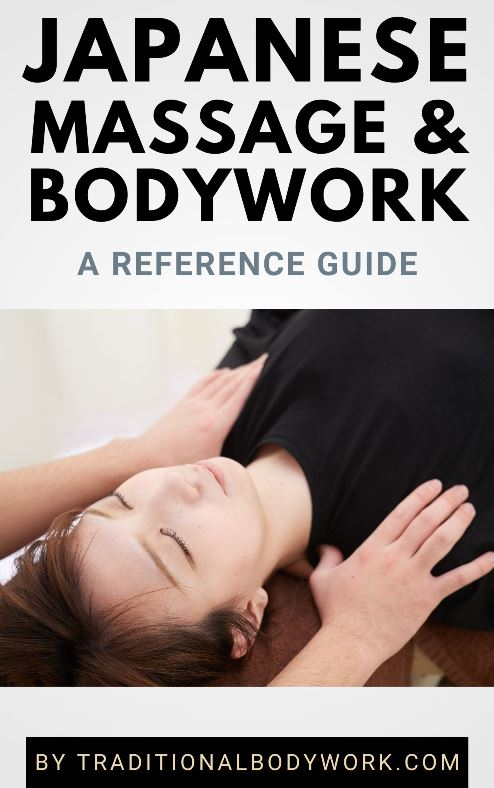
The acupuncturist generally starts a session by asking about one’s health issues, nutrition, sleep, stress, appetite, emotional life, among other lifestyle habits.
Diagnosis will be done by examining one’s appearance carefully, noting one’s complexion, voice, and tongue color. The pulse will be taken to check the strength, quality, and rhythm. In TCM the state of the tongue and pulse are important indicators reflecting the health of organ systems and meridians.
An acupuncture session will typically use six to fifteen needles per treatment, which are left in for ten to twenty minutes.
Sometimes additional techniques are used during the session such as Tuina Massage, Moxibustion, Cupping, Herbs, Electroacupuncture, and Laser acupuncture.

